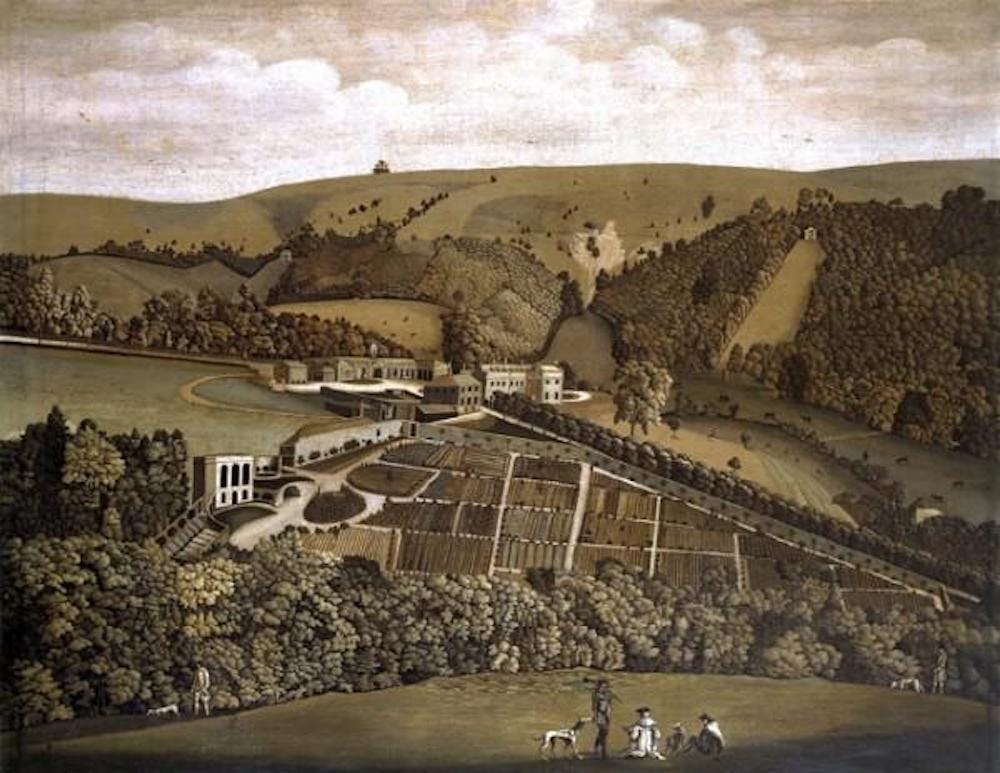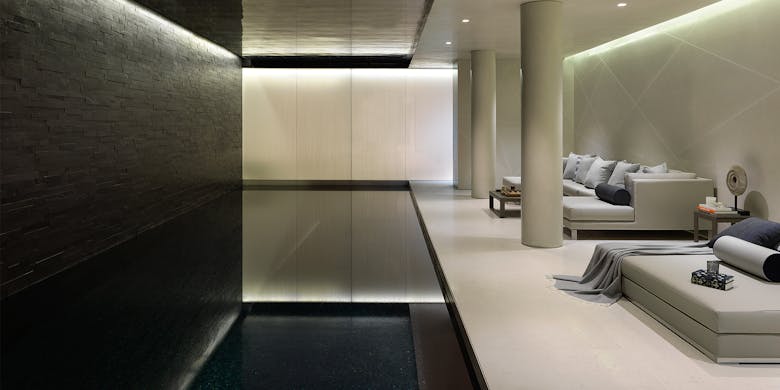Prompted by a rock star’s purchase of a manor house in the late 90s, Philip Eddell decided to set up a niche advisory service for new owners of significant properties; 20 years on, the team he heads up at Savills helps clients steward some of the finest landed estates and properties in the UK. Here, he talks us through the biggest single issue overlooked by HNWIs when they acquire, the key phases of ownership, and his most high-profile project to date…

You have been in the country and London house consultancy business for 20 years now; to what extent have you and your team been affected by the various market cycles during that time?
At the very top end of the market there is always some activity, so the market cycles don’t worry us too much, we’re not usually a barometer for the wider market but we’ve been staggered by the level of activity this New Year, its been the busiest start I can remember for years.
You were the first to provide this kind of service in the UK; how did you identify the need amongst HNWIs, and how has it evolved over time?
I clearly remember being a resident agent on a traditional landed estate in the 1990s, driving through North Wales, listening to the radio and hearing that Noel Gallagher of Oasis had bought a manor house with some land in Buckinghamshire, and thinking to myself that there ought to be a niche service where new owners of a sizeable property could get advice tailored to them. It was within five years of then that I was helping Madonna and Guy Ritchie who had bought the Ashcombe Estate.
Can you explain the key differences with the better known rural estate management business?
New owners are typically very successful, ambitious and impatient, can afford to use the best people, and want to move quickly to achieve an outcome. Income generation is not necessarily a key factor, but aesthetics, privacy, security, quality of life for family and friends, and capital value are, along with legacy, philanthropy and environmental considerations. They want value for money, don’t suffer fools but cheapest is not necessarily best, best is best.
Cheapest is not necessarily best; best is best
More traditional owners may have different priorities, in particular their decision making may be more centred around revenue generation, tax planning, avoiding expensive capital schemes, keeping costs down, often taking a more long term approach, thinking about succession and future generations. A new owner will usually have other business interests generating income, a traditional owner might be more dependent on the income generated by the estate.
Which aspects of ownership are you typically advising purchasers on?
There are typically several phases namely; the handover of the newly acquired property, project assembly, construction phase and then becoming operational with the owner enjoying the end result. We advise all the way through, albeit we might fade in and out at times.
Which is the most common issue purchasers tend to overlook when they buy a country/London property?
Finding and retaining the right people is the single most important thing, for both financial and long term emotional success.
Is there such a thing as a typical stately home buyer, and has the profile of estate buyers changed over the last two decades?
There may be different nationalities, I guess there are now fewer from the former Soviet Union, and perhaps more from Hong Kong or China, but estates have been changing hands in every century, whether it was the dissolution of the monasteries, the industrial revolution or post war. There’s always interest from US and Middle East based buyers. Every generation is drawn to the country, especially when they want to raise families and are looking for space to do so.
Can you give us a flavour of the standout properties you have advised on during the course of the last two decades; do you have a particular favourite?
Ashcombe taught me a great deal, more recently we have been advising on a 90,000 square foot country house that was formerly a prep school, this will be magnificent once completed.
What have been some of the most challenging projects you have undertaken on behalf of your clients?

The ‘right to roam’ issue at Ashcombe was a defining moment as it had so much public attention and there was much at stake, another involved a client taking my advice to invest in UK farmland, which he did. What we do usually stays out of the public eye though.
Running a large country house can be a complicated and expensive business; is there a particularly piece of advice that new owners find useful?
There are various elephant traps, some well sign posted, some not, getting the right advice and right people and navigating appropriately will save much more than it costs.
Do demands vary significantly between nationalities; and between London and the country?
There are some cultural differences between nationalities, also between UK clients, for example financial sector clients usually have great attention to detail and want to know about every aspect of the project, whereas those from a more creative background may be less interested in process and more about outcome.
You were a partner at Knight Frank before moving to Savills in 2007; are you seeing much competition from other firms providing similar services these days?
We can save millions or hundreds of thousands for some of our clients
It’s good that both firms recognise there is a clear need for this service, there are a couple of others who have come along who I think are doing a good job. The big mistake most make is trying to be a concierge rather than full blown property consultants. We are expensive if dealing with minutiae, however we are excellent value for money when giving serious advice on capital value, potential capital costs and operating costs. We can save £millions or £hundreds of thousands for some of our clients.
We’ve been hearing that HNW buyers are increasingly after properties offering various lifestyle options and long-term business opportunities as a way of spreading risk in uncertain times; is this something you’ve also noticed amongst your client base, and are there any other notable trends emerging at the moment?
A rural estate is usually much more than a home, it is often a rural business which might be registered for VAT, and there may be opportunities for income generation, the most valuable might be short terms lets, alternatively holidays cottages, farming, forestry or sporting might be income producing. The new Environment Bill and emphasis on Natural Capital might well present new opportunities, that coincide with owners’ own environmental aspirations.
We are clear about where we can add value, our clients might have annual operating costs ranging from £50,000 to £3m, we give thorough, bespoke advice on seriously valuable houses. What is really important to us is creating long term relationships with clients for whom we can add value.

Contact Book
Philip Eddell
- Director, London & Country House Consultancy
- Savills, 1-3 The Broadway, Newbury RG14 1AS
- T. +44 (0) 1635 277 709
- L. linkedin.com
Inset image by Kathy Hutchins (CC-BY-SA-2.0)
In this article
Companies
SavillsMain image: A panoramic view of Ashcombe House, Wiltshire, thought to have been painted around 1770


